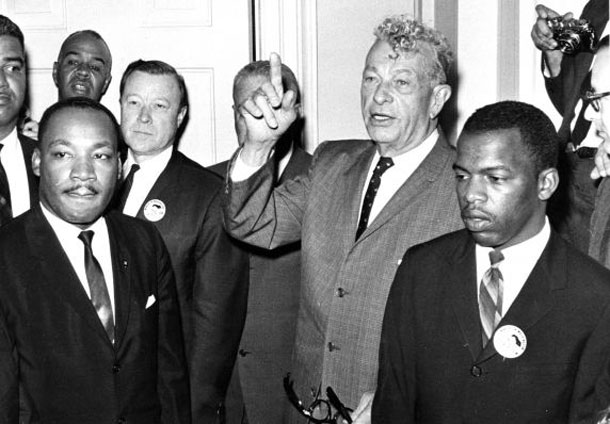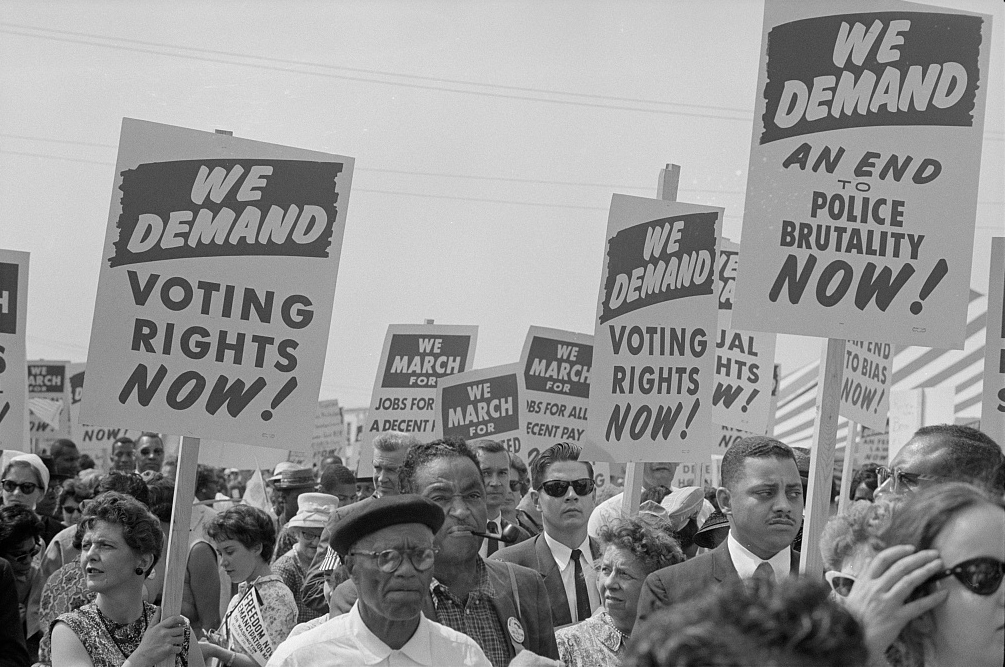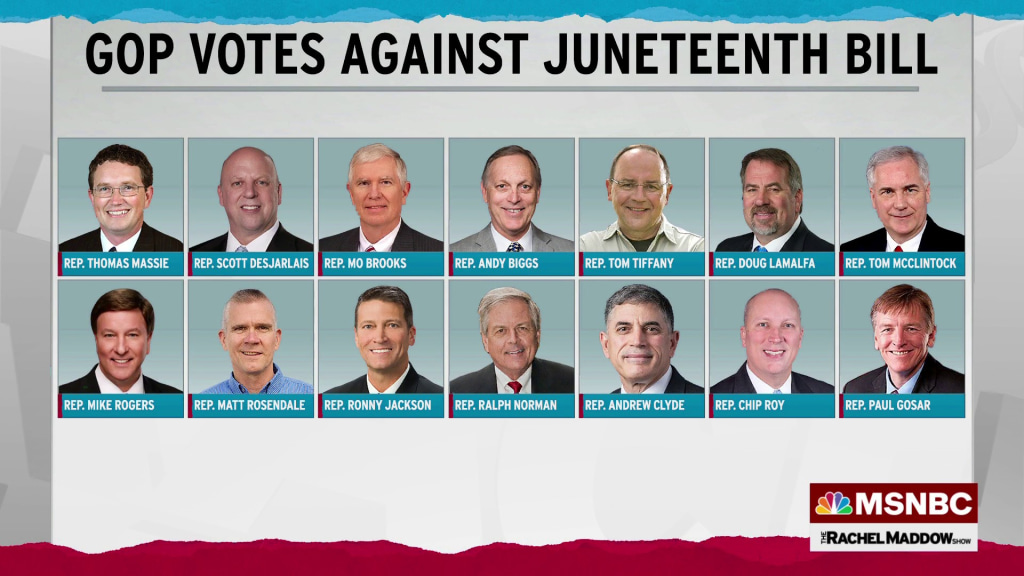In June of 1964 – 57 years ago – the United States Senate came face-to-face with the nation’s future. And a strange thing happened, it least in the context of today’s politics, bipartisanship broke out.
A catalyst for one of the most important legislative accomplishments of the 20th Century was an unconventional politician from the heartland who was also a conventional conservative.
When Everett Dirksen of Illinois took the Senate floor on June 10, 1964, he was at the apex of his influence, considered by many the most powerful man in the Senate. He was the minority leader.

“Years ago,” Dirksen told a Senate paralyzed as a result of a filibuster over civil right legislation, “a professor who thought he had developed an incontrovertible scientific premise submitted it to his faculty associates. Quickly they picked it apart. In agony he cried out, ‘Is nothing eternal?’ To this one of his associates replied, ‘Nothing is eternal except change.’”
Dirksen was a flamboyant figure. As a young man he aspired to a career before the footlights, and he wrote many plays. The Senate eventually became his stage. With a glorious voice – “like honey dripping on metal tiles” one contemporary explained – an expressive face and a mane of unmanageable grey hair, Dirksen was a true political celebrity. Think Mitch McConnell without the meanness, obstruction and undemocratic instincts.
Dirksen could be a committed partisan, but he knew when to compromise in the national interest. Dirksen’s speech in June 1964 helped break the back of a southern led filibuster against the Civil Rights Act. “America grows. America changes,” Dirksen said. “And on the civil rights issue we must rise with the occasion. That calls for cloture and for the enactment of a civil rights bill.”
Quoting Victor Hugo – imagine McConnell doing so today – Dirksen said, “Stronger than all the armies is an idea whose time has come.” The filibuster ended, the Senate passed the historic Civil Rights Act – a simple idea, Dirksen said, to take a big step toward equality for every American – with a bipartisan majority of 71-29.
Among other provisions, as the Senate historian has written, the Civil Rights Act “contained sections relating to discrimination in education, in voting, and in public accommodations such as restaurants, theaters, hotels and motels; it also strengthened the Civil Rights Commission and established an Equal Employment Opportunity Commission.” Change had come to America, slowly but unmistakably.
I recount this history, in part, to celebrate Dirksen’s role in creating this landmark legislation, a conservative Republican working with Democratic liberals like Hubert Humphrey to pass a bill opposed by people in both parties, but also because this history is missing from our troubled moment.
The recent jumbled, often silly Senate fulminations – there was no real debate – over efforts to protect and expand voting rights was mostly a fact-free zone where the history of making voting easier and more widely available had no place. Democrats lacked an effective strategy to protect voting, which played directly into the hands of Republicans who fell back, as is increasingly common, on absurd bad faith arguments.
Wyoming Republican John Barasso, a leader of the Senate’s bad faith caucus, claimed that voter protection efforts were “designed to make it easier for Democrats to cheat so that they would never lose an election again.”
The senator actually said that as the Brennan Center Justice documented that 22 of the 24 laws that restrict voter’s rights, introduced and passed in state legislatures so far this year, were entirely the work of Republicans. On the very day Senate Republicans to a person opposed even debating protections for voting by mail and same day registration, the GOP governor of Texas summoned a special session of the legislature to pass new voting restrictions.

If you are confused by what’s been transpiring remember this: The Republican filibuster in the Senate utilized a tactic to protect minority rights, in order to infringe on minority rights. It’s what southern Democrats were doing in 1964.
Or as Georgia Democratic Senator Raphael Warnock, an African American whose election last November gave his party control of the Senate, put it: “What could be more hypocritical and cynical than invoking minority rights in the Senate as a pretext for preventing debate about how to preserve minority rights in society.”
Georgia, of course, elected two Democrats to the Senate last year, both because of high levels of electoral participation by minority voters. Republicans who control the legislature there have responded with new voting restrictions.
This is part of a larger, obvious pattern. Republicans lose elections because they fail to appeal to minority voters, so they find ways to make it harder for minority voters to vote. It is a hypocritical and cynical approach, but very effective.
The current national debate about teaching about racism and exploring the nation’s often troubled history is a neat compliment to the GOP voter restriction strategy. The fable that the last presidential election was not fairly won is also part of this narrative.
It was the great novelist and essayist Gore Vidal who said, “We learn nothing because we remember nothing.” History ignored, distorted or forgotten is history not applied.
When Republican Ev Dirksen helped pass the Civil Rights Act in 1964 it was hailed as “a second Reconstruction,” making good on a 100-year-old promise to, among others, descendants of slaves. That legislation was followed a year later by a powerful Voting Rights Act, finally making good the words of the 15th Amendment that became effective in 1870. Dirksen and many fellow Republicans were again a driving force to get that legislation passed.
The Civil Rights and Voting Rights Acts of the 1960’s were fiercely debated. Amendments – dozens of them – were considered. And compromise in tribute to a fundamental principle – the right to be treated equally and to vote – was arrived at. American democracy was strengthened. Now it’s being weakened.
The Supreme Court sharply reduced the effectiveness of the Voting Rights Act in 2013, gutting the section of the law that would have made restrictions like Georgia’s more difficult. Congress, with Republicans refusing to budge, has been unwilling to respond. Now conservatives won’t even debate many of the issues fundamental to voting.
The partisan political shenanigans around voting in America, with one party trying to protect and expand this fundamental democratic right and another doing everything possible to limit it, confirms that we learn nothing because we remember nothing.
Nothing is eternal except change. The change underway in America is sadly about taking us back.
—–O—–
Additional Reading:
A couple of items you may find of interest…
Critical Race Theory
The New Yorker dissects the origins of conservative outrage over “critical race theory.” Read this if you want to understand how the cultural wars get fought. A lot of it begins with, big surprise, Fox News.
“The next morning, Rufo was home with his wife and two sons when he got a phone call from a 202 area code. The man on the other end, Rufo recalled, said, ‘Chris, this is Mark Meadows, chief of staff, reaching out on behalf of the President. He saw your segment on ‘Tucker’ last night, and he’s instructed me to take action.’ Soon after, Rufo flew to Washington, D.C., to assist in drafting an executive order, issued by the White House in late September, that limited how contractors providing federal diversity seminars could talk about race.”
Full story here:
New Yorkers fled to the Hamptons in 2020 – and sparked a major sewage crisis
You hear about “the Hamptons” as the very upscale retreat of the rich and famous of New York City, but it turns out the area has a, well, septic tank problem.

“The fact that the village of Southampton never built a centralized sanitation system affects year-round residents and second-homers alike. Local officials estimate that Suffolk county – where Southampton is located – has more unsewered residences than any other similarly suburban county in the US.”
The Lab Leak Theory Doesn’t Hold Up
Foreign Policy (the magazine) looks at the theory about COVID-19.
“Prior to the outbreak in December 2019, nothing closely resembling the COVID-19 virus was reported in any lab. Since it has emerged, it has taken hundreds of millions of infections to net just a handful of serious mutations and variants.
“We’re not good enough, in virology, to make the perfect virus,” Goldstein said.
“Nature, however, is.”
Thanks for reading. Be well.







